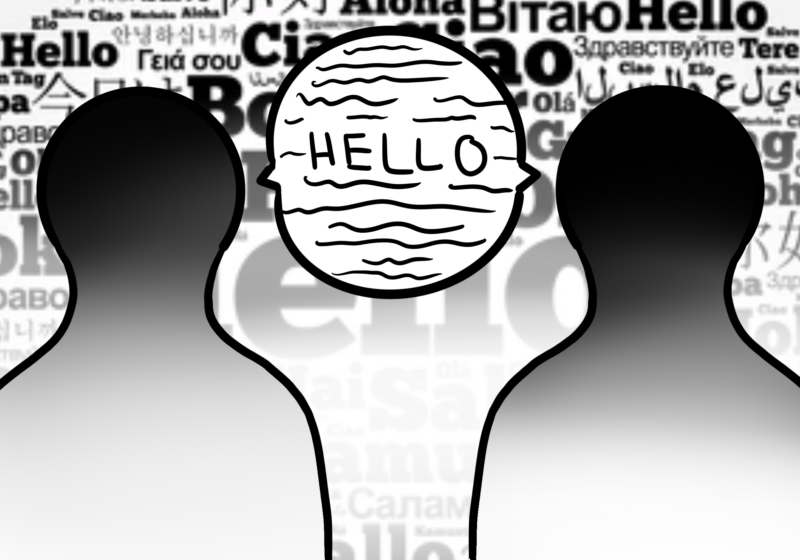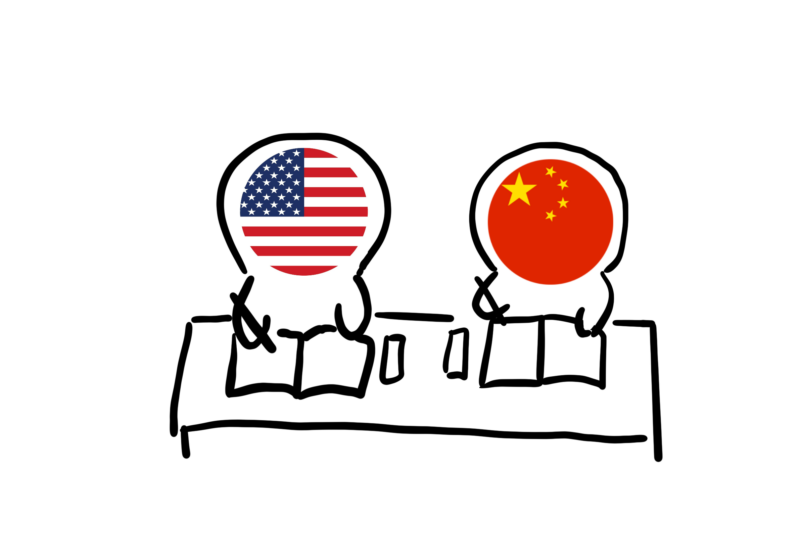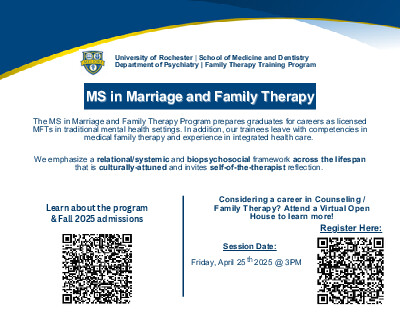On Friday night, my friend told me about a program called Marriage Pact. It’s a phenomenon that originated at Stanford in 2017, and has since appeared at other schools like Duke and Dartmouth before finally coming to UR this weekend. Once you sign up, you are asked to answer a series of questions about yourself, your personal preferences, and what you seek in a relationship, after which their algorithm supposedly pairs you with a perfect romantic match. The match — who filled out the form, goes to your school, and has your class year — is supposed to be someone with whom you could form an “if we’re 40 and single” marriage pact, in case you don’t find your special someone by the time you finish college.
For those of you who never watched romantic comedies growing up, a marriage pact is a deal you make with someone you like but don’t necessarily love, so that if neither of you are married by a certain age, you can fall back on marrying each other and know that you won’t absolutely hate the person. As children, we were exposed to the idea of marriage through bedtime fairy tales and Disney movies. Most of our origin stories revolved around marriage — for many of us, our parents got married, had us, and a family was formed out of love.
But as we got older, it began to seem more complicated. Some of our parents got divorced. Some of our parents didn’t, even though they probably should have. And we started to hear that classic American narrative about love and marriage — how marriage is work, marriage is compromise, marriage is the wise decision to make as an adult because of the tax benefits, et cetera, et cetera, et cetera.
In movies and TV shows and possibly even in our own lives, we watched people get lazy in their marriages, grow old and grumpy, become dissatisfied with their partners and maybe regret their decision to get married at all.
Through consuming American media as a young child, and especially as a young girl, I (and many of my peers) had been taught that marriage is supposed to solve all of our problems. After all, the movie’s end credits roll right after the main character has found the person with whom she is going to spend the rest of her life. The marriage plot has appeared in so many forms of popular culture throughout history, from nineteenth century novels to modern romantic comedies, that we’ve now reached a point where many people believe that any woman who isn’t married over the age of 40 has done something wrong.
But what’s that about? At this point, we’re getting to the age where marriage is becoming a reality — if not for us, then for our friends, or for our cousins, or for people we knew from high school. Getting married right out of college is a narrative we’ve been told about time and time again — “they met in college” — and it seemed to be the best idea because you could spend the rest of your life in bliss with your significant other. If not by then, 30 seemed to be the golden age of marriage in movies we watched while growing up. So much so that as a child, I thought everyone would have it all figured out by that age, as if a golden switch of adulthood would flip on inside of our bodies and we would stabilize, becoming who we were meant to be for the rest of our lives. Society tells us that women shouldn’t have children past their late thirties, and because of that, there’s an extreme amount of societal pressure to have our shit together by that age.
30, for me, is just eight years away, and life is immeasurably more complicated and messy than I could have ever imagined. I am not nearly at the point where I feel like I’m the person I was meant to become — if I’m supposed to become anyone at all — but I am getting there. Now, we’re suspended in this strange phase of life that feels in between childhood and adulthood, wrought with tension and emotional upheavals and strife. There is no golden switch of adulthood. The only thing we can do to figure out who we are and what we want is to continue living and exploring ourselves as we are. And if this past pandemic year has taught me anything, it’s that nothing matters. I mean, literally nothing matters. If you want to drop out of school and move to a blueberry farm in Northern Michigan, go ahead. If you want to transfer colleges at the end of your junior year, who’s to say that isn’t a good decision? If you don’t want to have kids or get married at all, you do you (these are all musings I’ve had in the past year).
Ultimately, I refuse to accept that life is just graduating college, getting a job, getting married, having kids, and dying. I know there’s so much more than that. Since starting college, I’ve experienced a variety of relationships that have changed the course of my life. I’ve become so much more proficient in my major and my art. I’ve had experiences that I could never have anticipated. Marriage just doesn’t seem like the end goal anymore. We’re getting older, and we’re reshaping the narratives we were once taught to believe. After all, the pandemic has helped us learn that all we can do is take our lives one little step at a time.





